10 years of the Korg Volca: Every synth, drum machine and sampler ranked from best to worst
VIDEO: Korg's compact and affordable instruments go head-to-head. Which you should buy?
Want all the hottest music and gear news, reviews, deals, features and more, direct to your inbox? Sign up here.
You are now subscribed
Your newsletter sign-up was successful
Ever since the launch of the Bass, Beats and Keys models in late 2013, Korg’s Volca range has become a byword for affordable, compact synths and drum machines. Since then, more Volcas have been launched – plus a mini mixer for those who own multiple models – bringing the likes of sampling and both FM and modular synthesis to the family.
In the 10 years since they first hit the market, the Volcas have had an undeniable influence on both the synth market, and electronic music as a whole. While some naysayers might write them off as 'toys' due to their wallet-friendly price and small size, artists as diverse as Aphex Twin, Octo Octa, Gorillaz and Mura Masa have proved how effective they can be in creating top-quality music.
Each Volca has the same form factor and there are some features that are common to all models other than the mix. These include a built-in speaker, a battery-power option, a sequencer, a 3.5mm audio output, a touchstrip for playing and programming, and the option to sync with other products in the range. All but the Volca Modular have a MIDI Input, too, enabling external control.
While none of the Volcas could be considered a bad purchase, each one does have its strengths and weaknesses, and it’s our view that some models are definitely better than others. To mark 10 years since they first appeared, we’ve ranked them in order of preference, kicking off with what we consider to be the best Korg Volca you can buy...
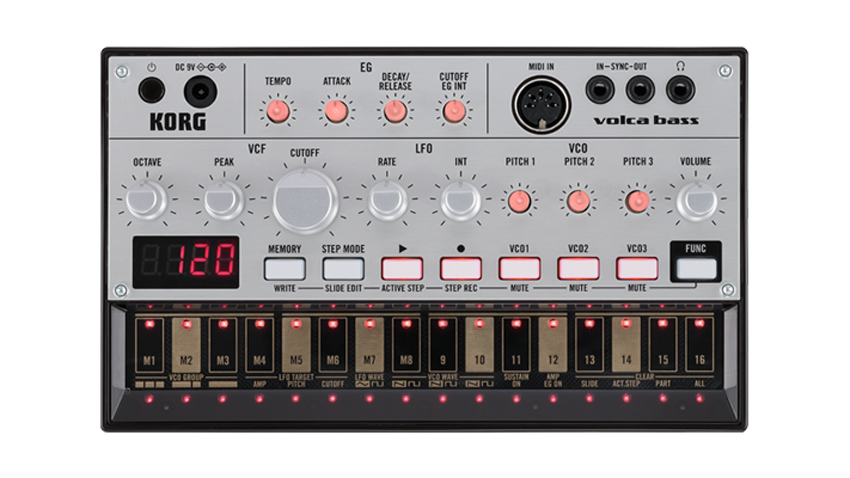
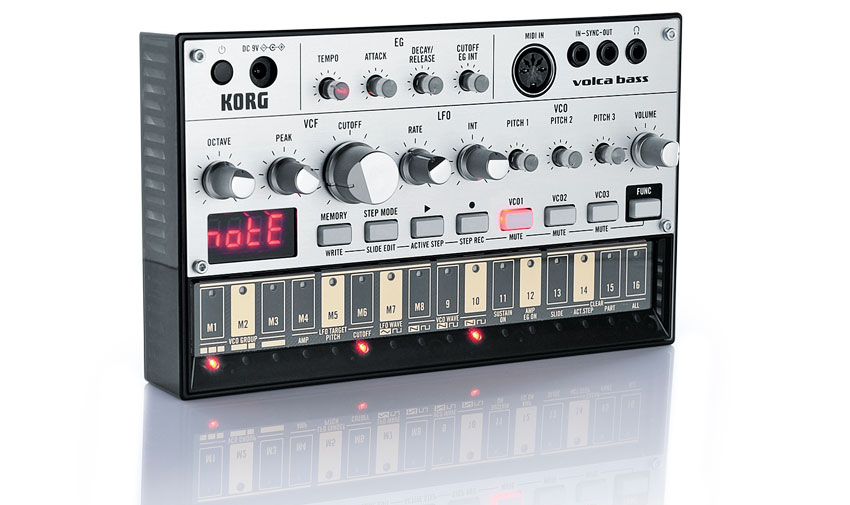
Specifications
Reasons to buy
Reasons to avoid
Of the original trio of Volcas, the Bass is certainly the one that has aged best. There are three oscillators that can be tuned and sequenced independently for thick detuned patches and paraphonic sound creation, and for our money that gives it the edge over the more recent Nubass. A meaty filter based on that in the MiniKorg 700S rounds off the package nicely. Vaguely 303-inspired and capable of decent acid impressions without being beholden to emulating that – rather basic – synth. Ten years on from its original release, you’d still be hard pressed to find a better source of analogue bass sounds at this price point.
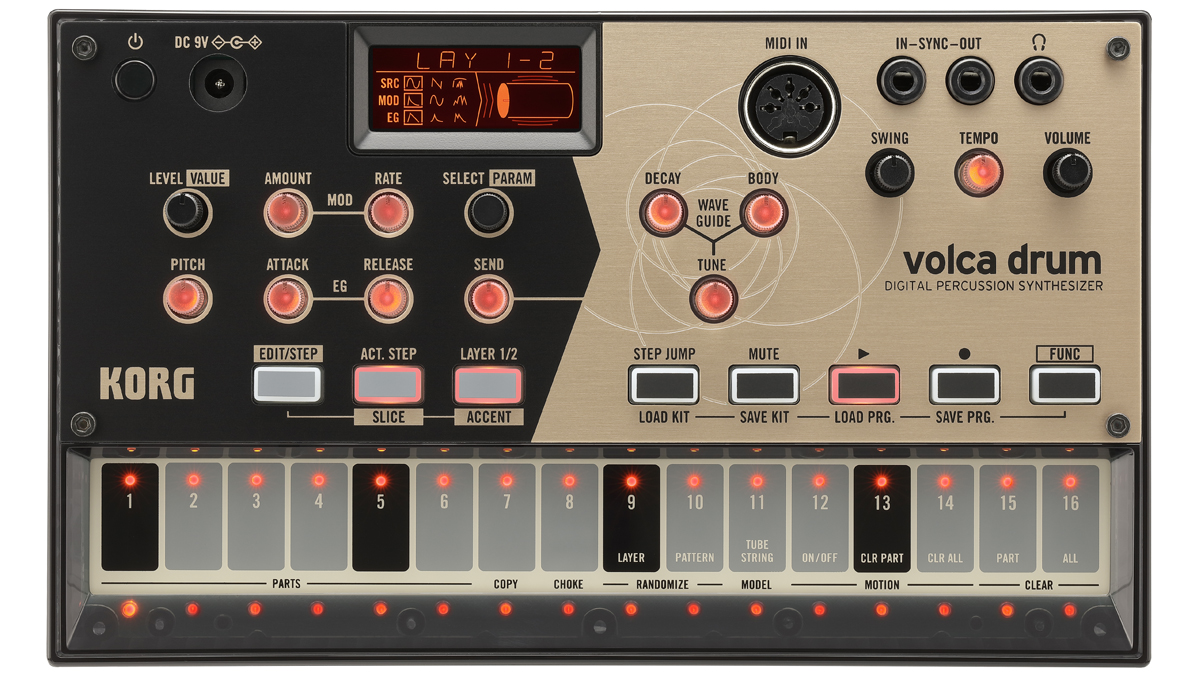
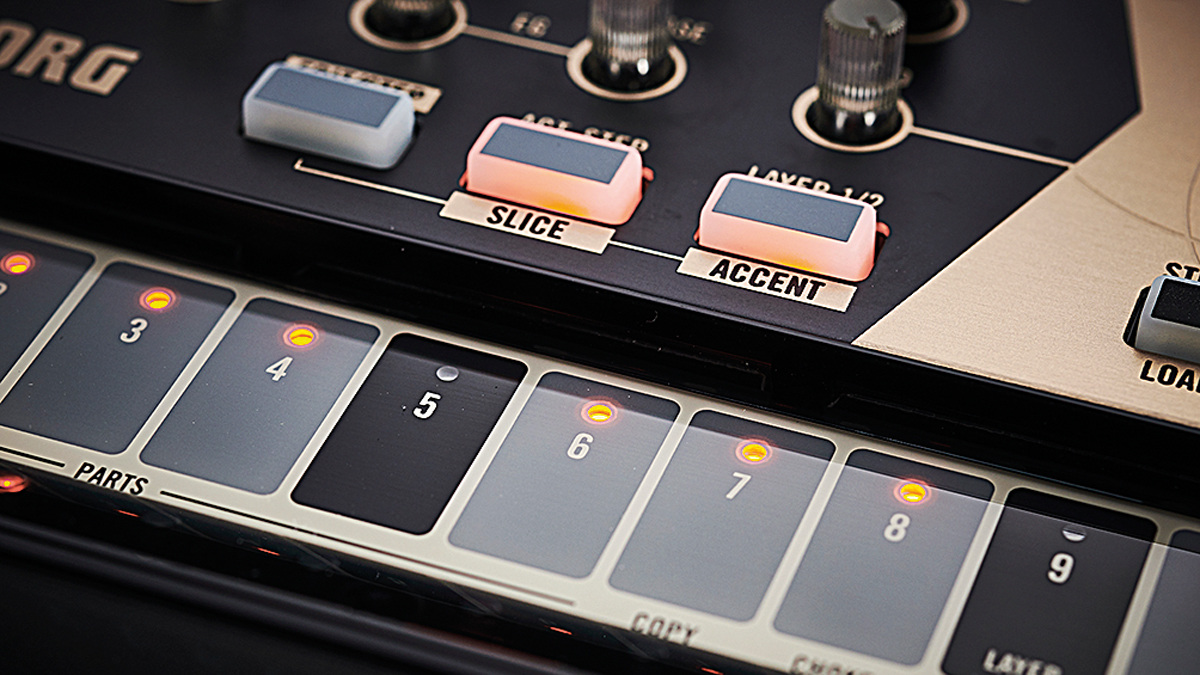
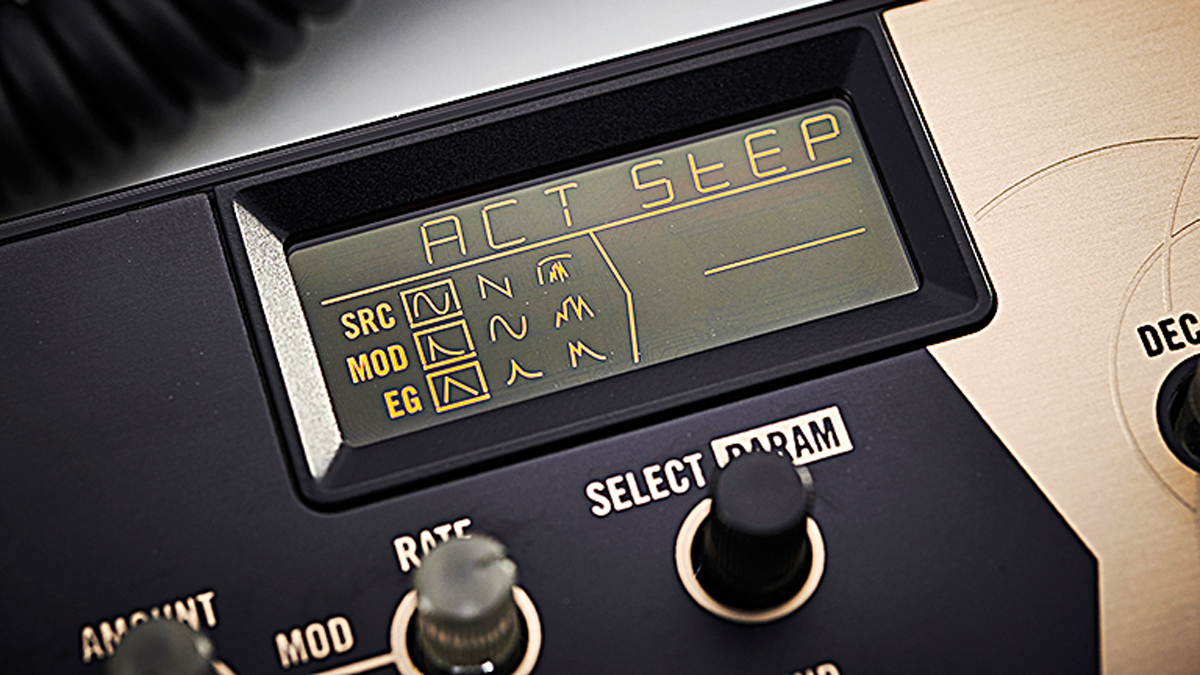
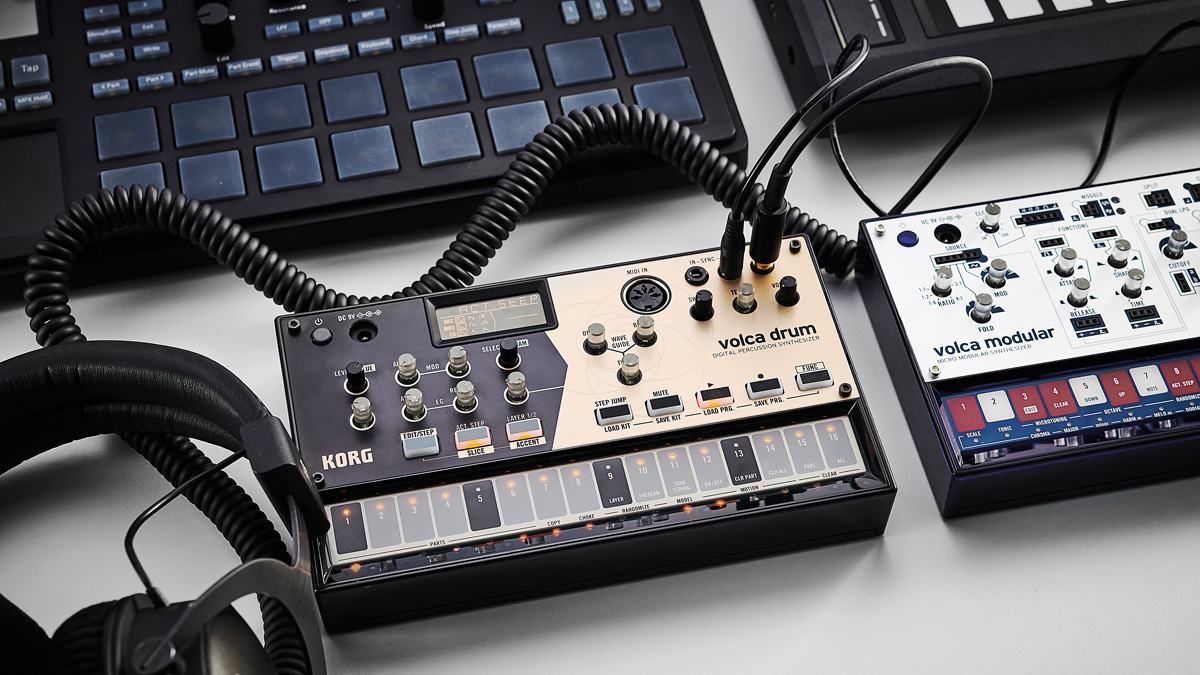


Specifications
Reasons to buy
Reasons to avoid
Where most of the Volca range aims at emulating the sound of some higher-priced classic, Korg’s latest beatmaker stands out as a genuine original. Yes, there are hints of classic Electribe to its physical modelling synth engine, but its multi-part, dual-layered design and resonant send effect give the Volca Drum a sound all of its own. From meaty low-end kicks to abrasive snares, metallic hats and glitch FX, there’s plenty of flexibility available across its six tracks, and tweaking its ‘wave guide’ resonator is a great way to inspire weird breakdowns and builds. If anything, the biggest downside to the Volca Drum is the fact that it’s housed in Volca hardware; it’s great that it’s cheap and portable, but with an engine this good we’d pay twice the price at least to have a version with individual outputs and more sync options. That gripe aside, this is one of the most characterful beatmakers we’ve tried in recent years.
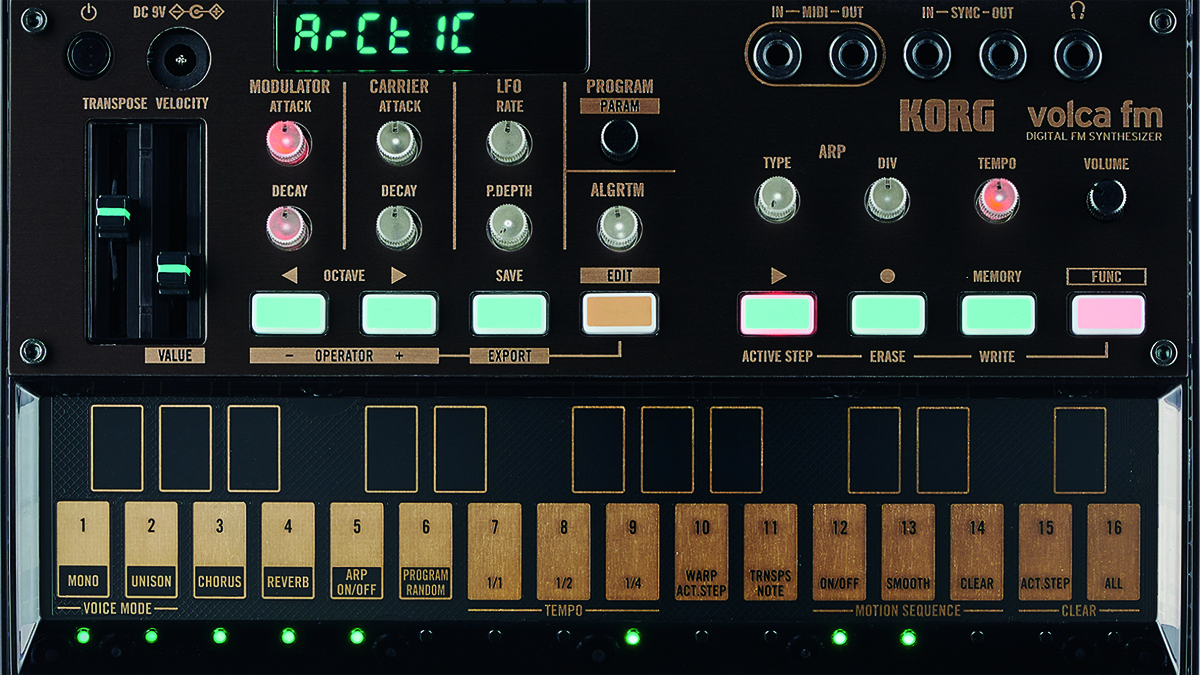
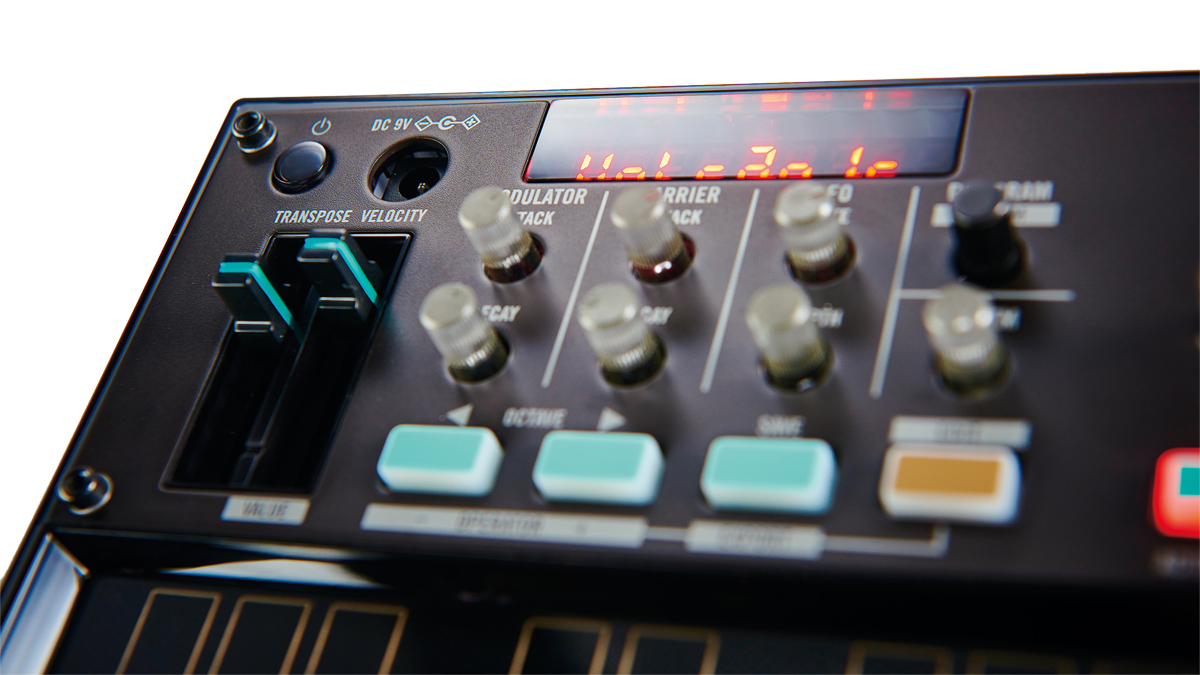
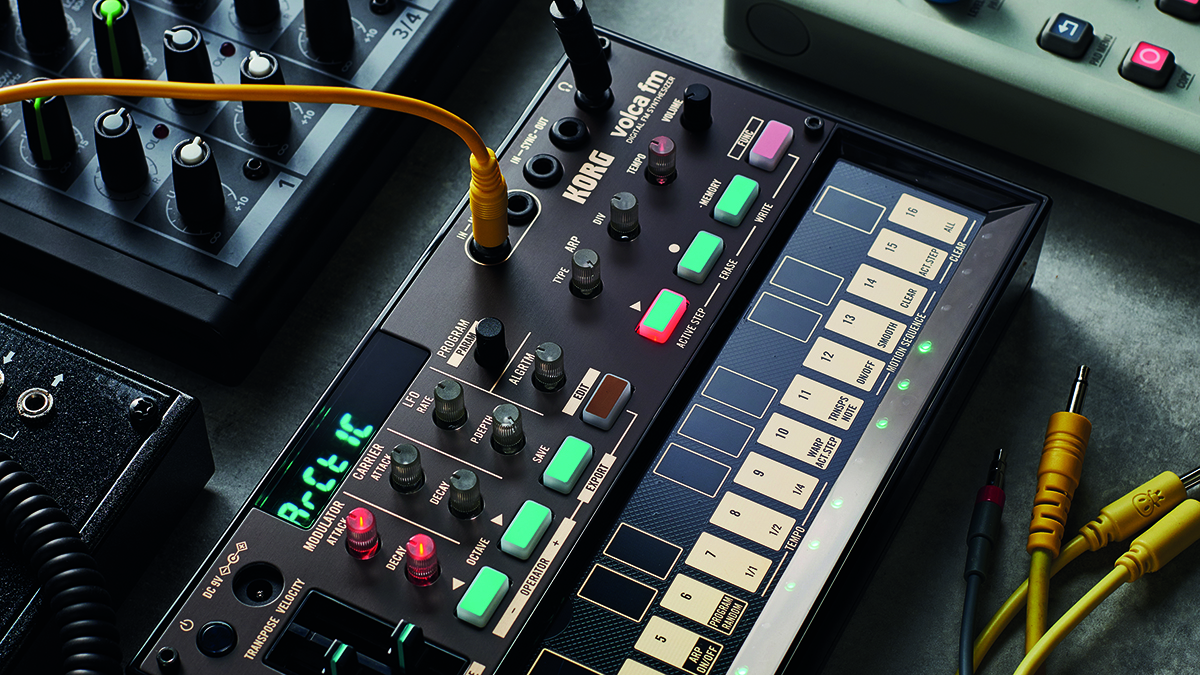
Specifications
Reasons to buy
Reasons to avoid
Yamaha’s DX range of frequency modulation synths were some of the most popular electronic instruments of the 1980s. The DX7 in particular played a huge role in defining the pop sound of the latter half of that decade with its dark basses, crystal clear piano sounds and glistening leads, which provided the foundation of countless chart hits. For all its popularity, however, the DX7 was notoriously difficult to program and edit. Kudos to the Volca FM then, which replicates a classic DX-style FM engine but pairs it with front panel controls that are not only great for hands-on tweaking, but can also be automated using Motion Sequencing. It can even load classic DX patches via SysEx, so you can stuff it full of sounds from the likes of Brian Eno. The FM is one of the few Volcas to have received a 'version 2' upgrade, adding additional polyphony and a lovely digital reverb to the design of the original.
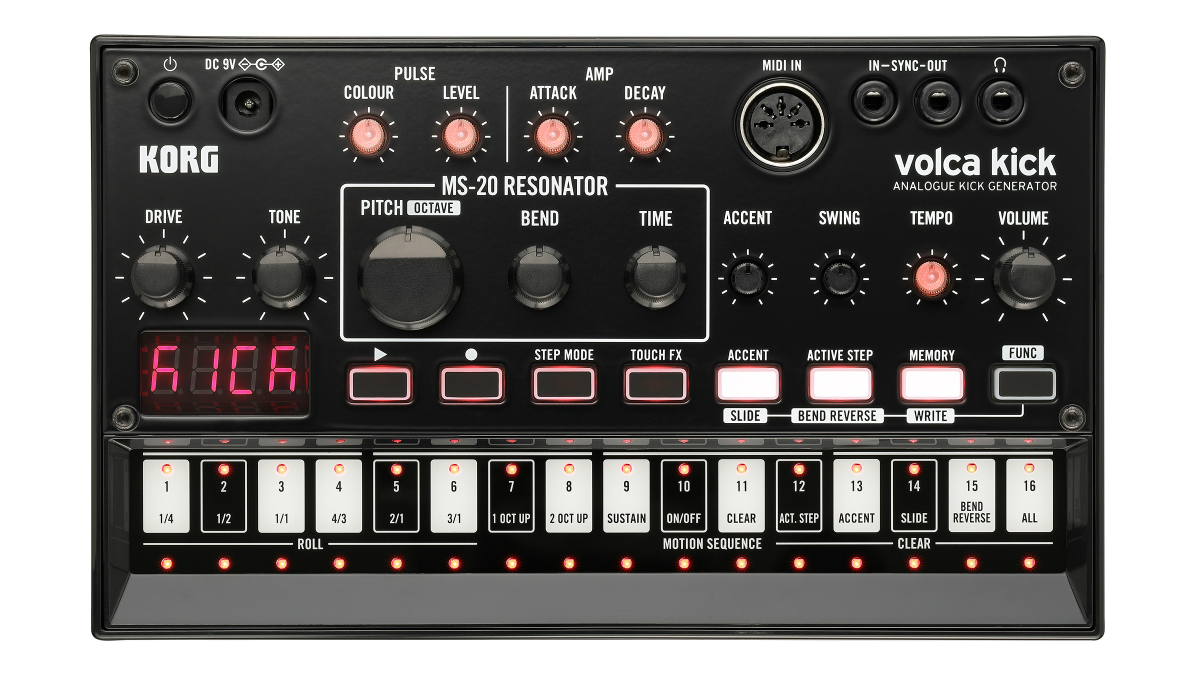
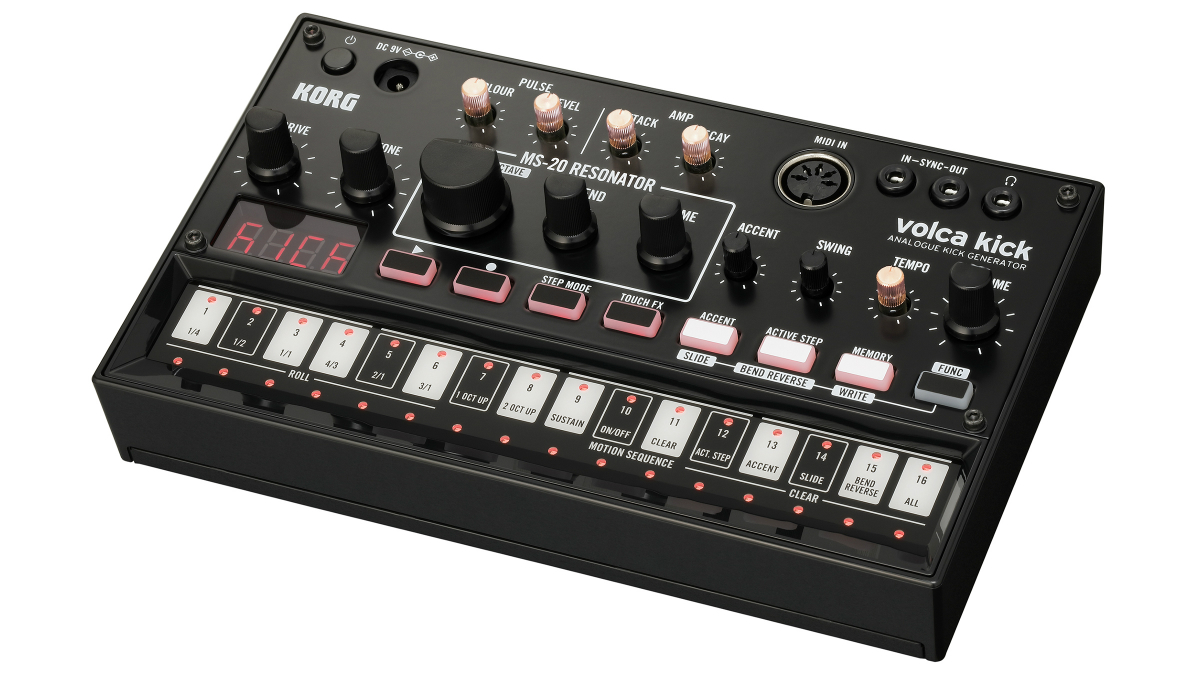
Specifications
Reasons to buy
Reasons to avoid
With just a single synth voice aimed at shaping analogue kicks, this is arguably the least flexible of the Volca range. That said, there’s more scope to the Kick than you might initially think. Tweaking the amp envelope can push this into throbbing, techno-style bass territory, and the fact you can sequence sounds chromatically means it can do melodic loops alongside percussive ones. The analogue drive, punchy envelopes and gritty oscillator - based on a resonant MS-20 filter - combine to create some truly meaty sounds here. Essentially, the Kick is a beast, albeit one that will appeal primarily to a pretty specific subset of (techno) producers.
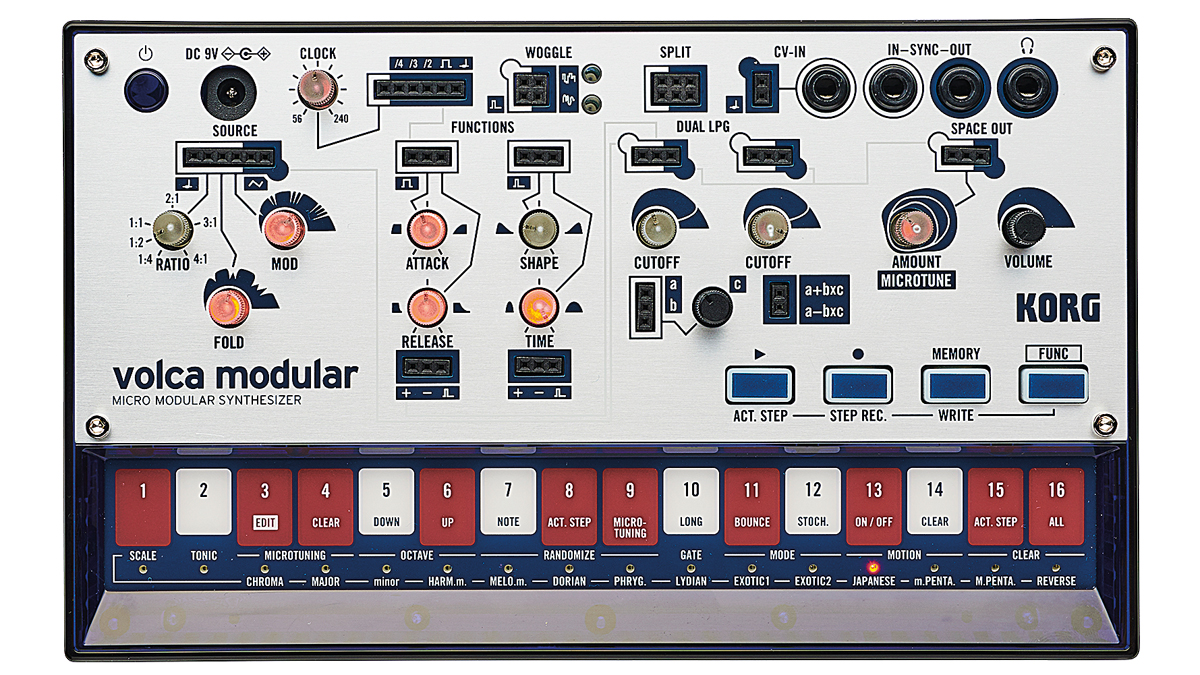
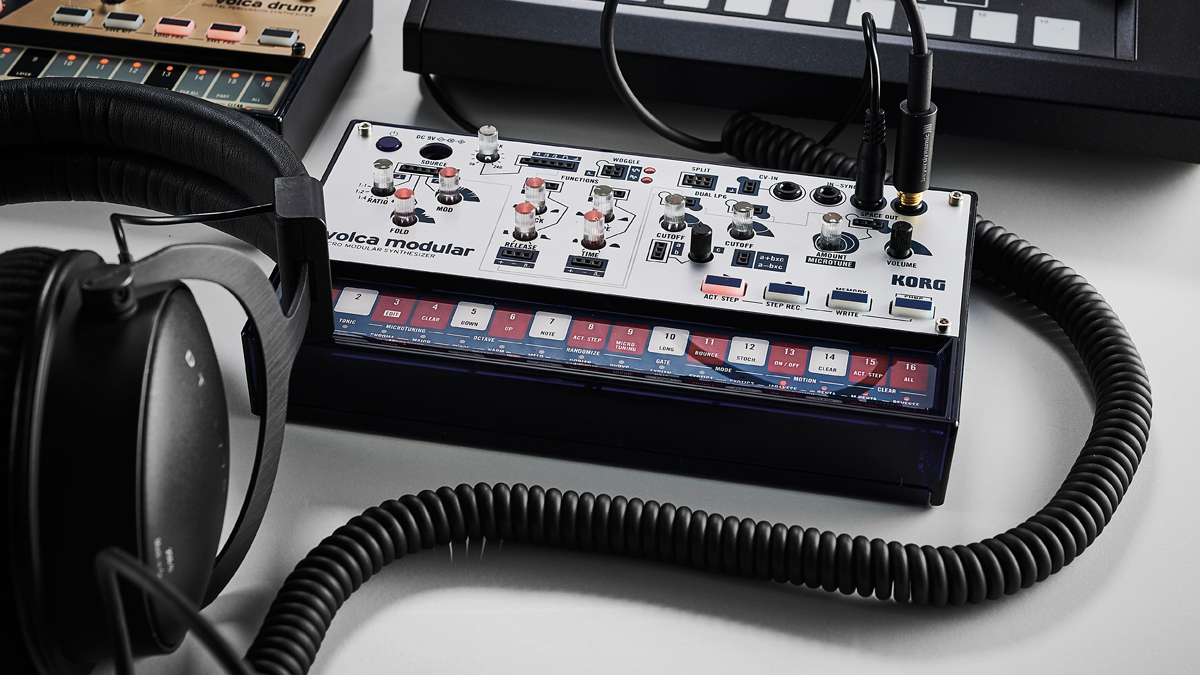
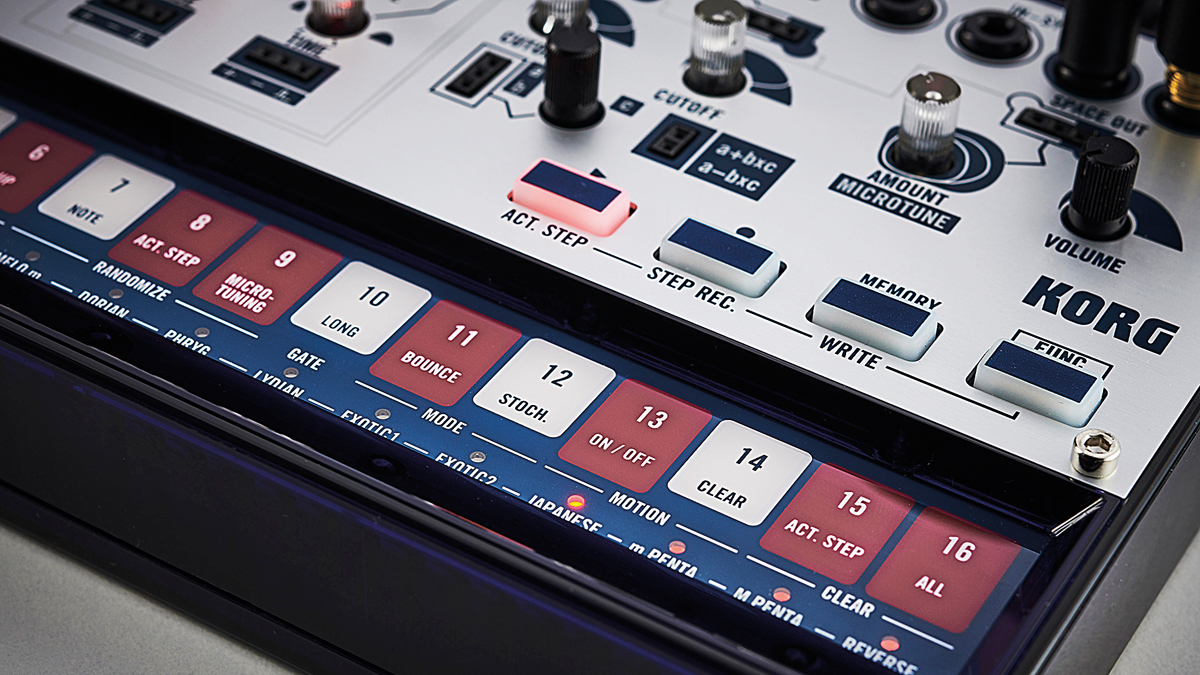
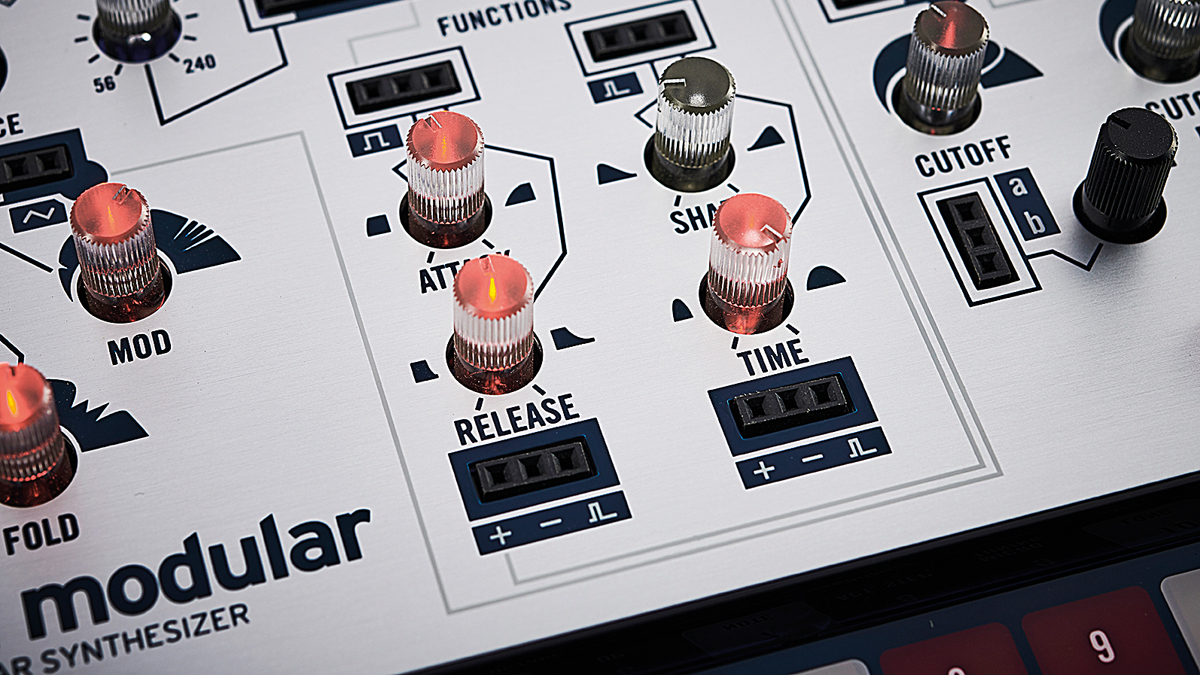
Specifications
Reasons to buy
Reasons to avoid
When it was first leaked online, the idea of a Buchla-inspred ‘West Coast’ synth in a budget Volca package looked like the stuff of Photoshopped fanboy dreams. The Volca Modular is very much genuine, though, and absolutely lives up to the hype. With modulating oscillators, low-pass gates, micro patch points and a wonderfully oddball digital reverb, this is pure West Coast weirdness. The sequencer even has a microtuning function. Admittedly, because of its inherently ‘niche’, Buchla-like nature, this isn’t the most universal of the Volca range, but within its own eccentric remit it’s an absolute wonder. True experimental synthesis for the masses!
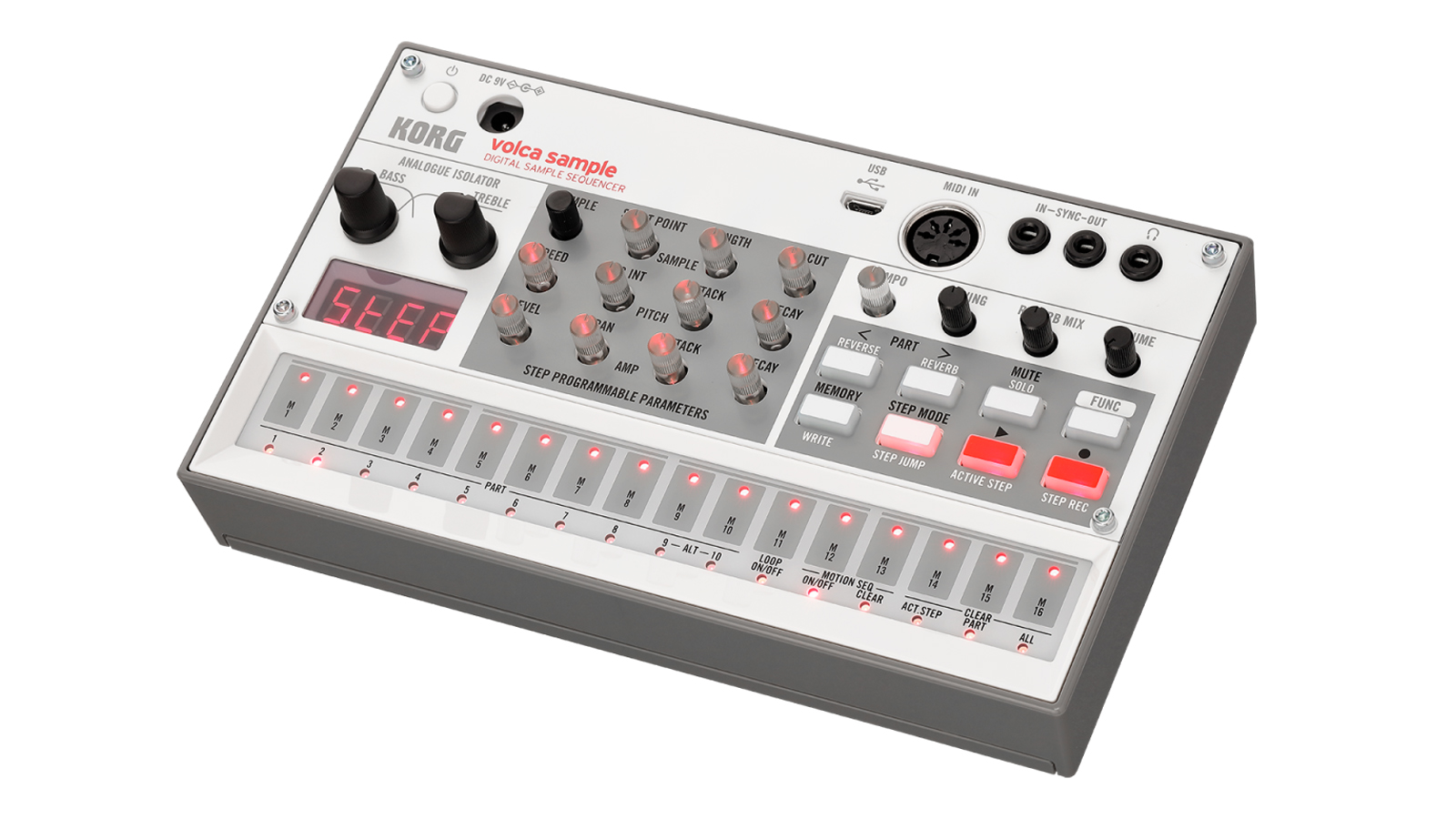
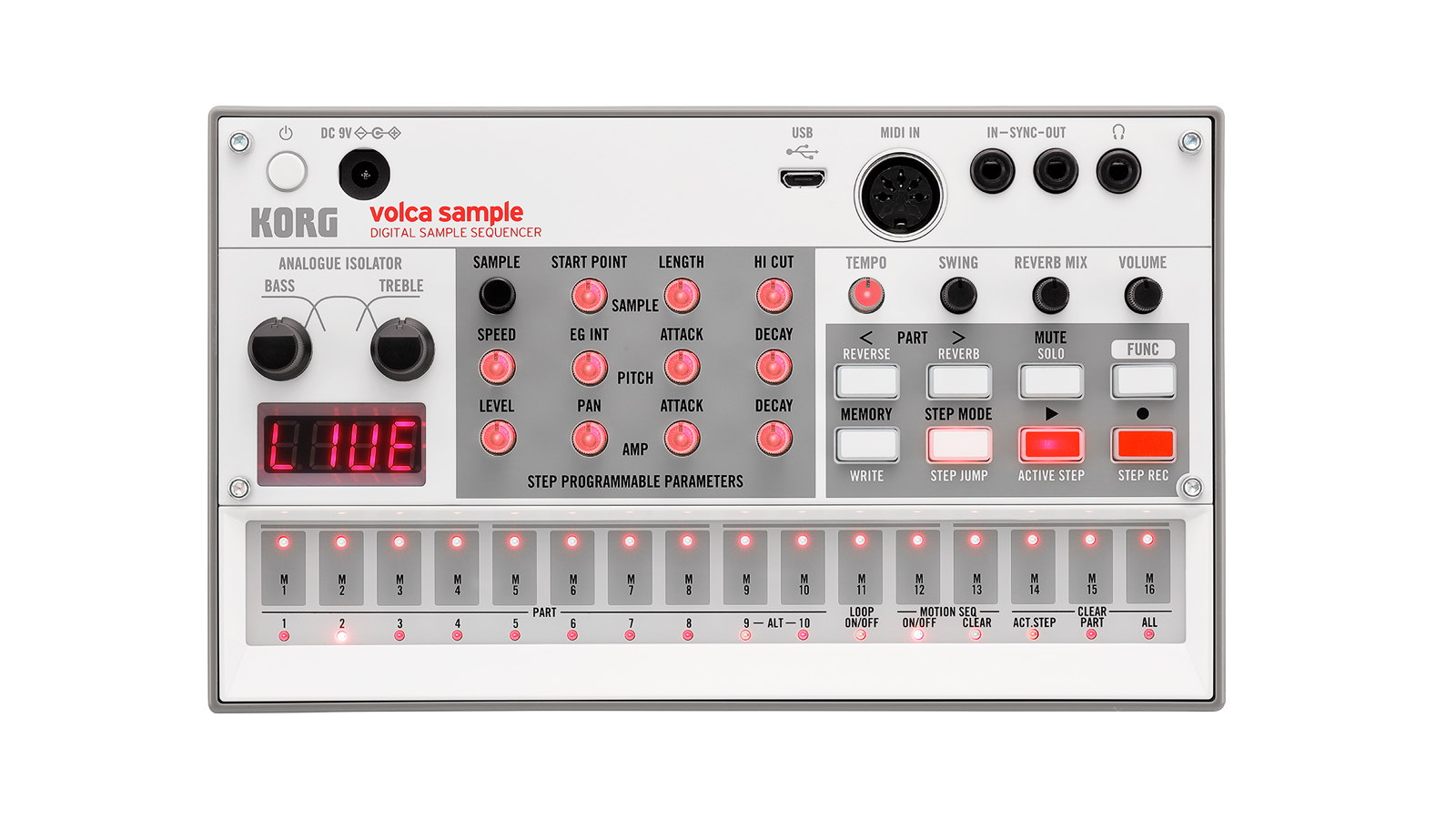
Specifications
Reasons to buy
Reasons to avoid
The sound of Korg’s compact sampler can be pretty grimy and lo-fi, but that kind of suits its vintage Akai-inspired vibe. An external app is required to get sounds into it and - as with all Volcas - the only output is a single headphone port, so as a tool for making beats it’s a considerable amount more faff than just using your DAW’s built-in sampler. That said, the version 2 update added USB connectivity, which vastly improves sample management, plus additional sample memory. There’s no doubt that there’s huge amounts of fun to be had here, particularly for making gritty loops and beats on the go.
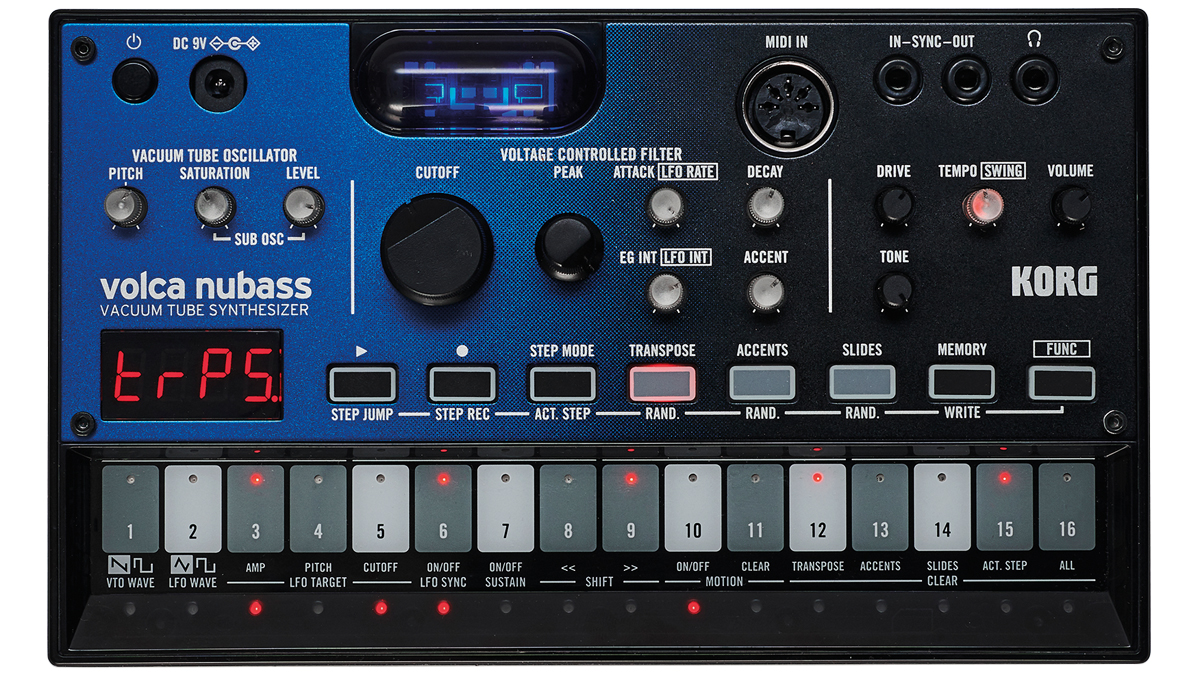
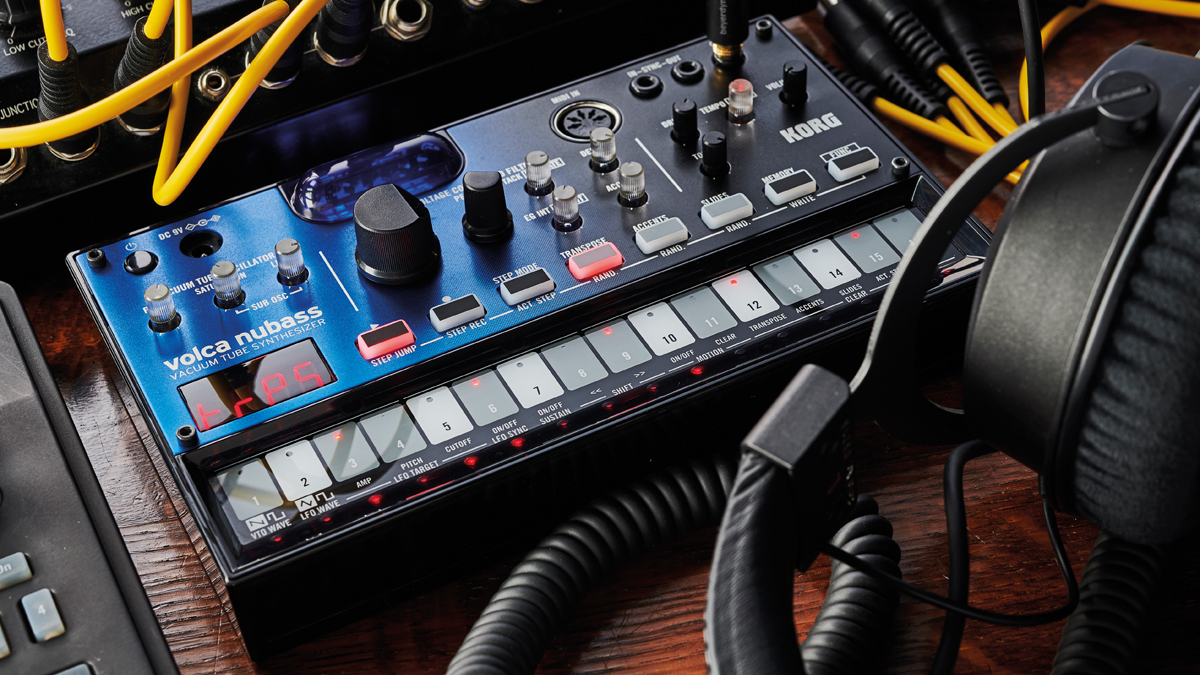
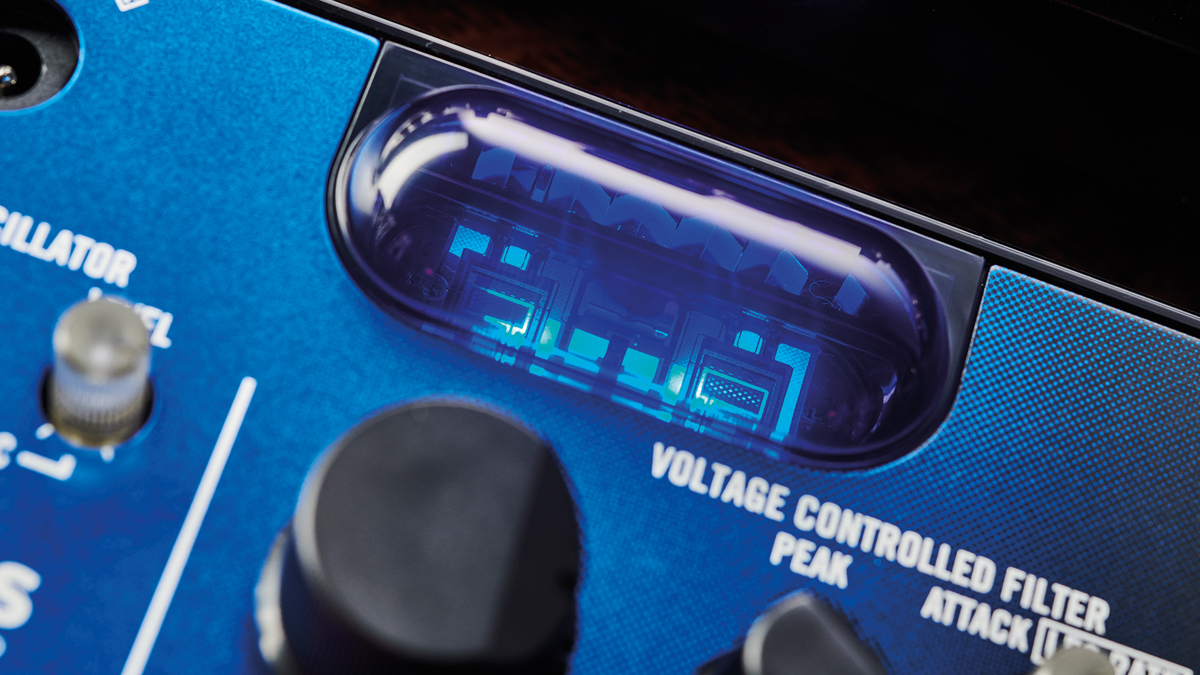
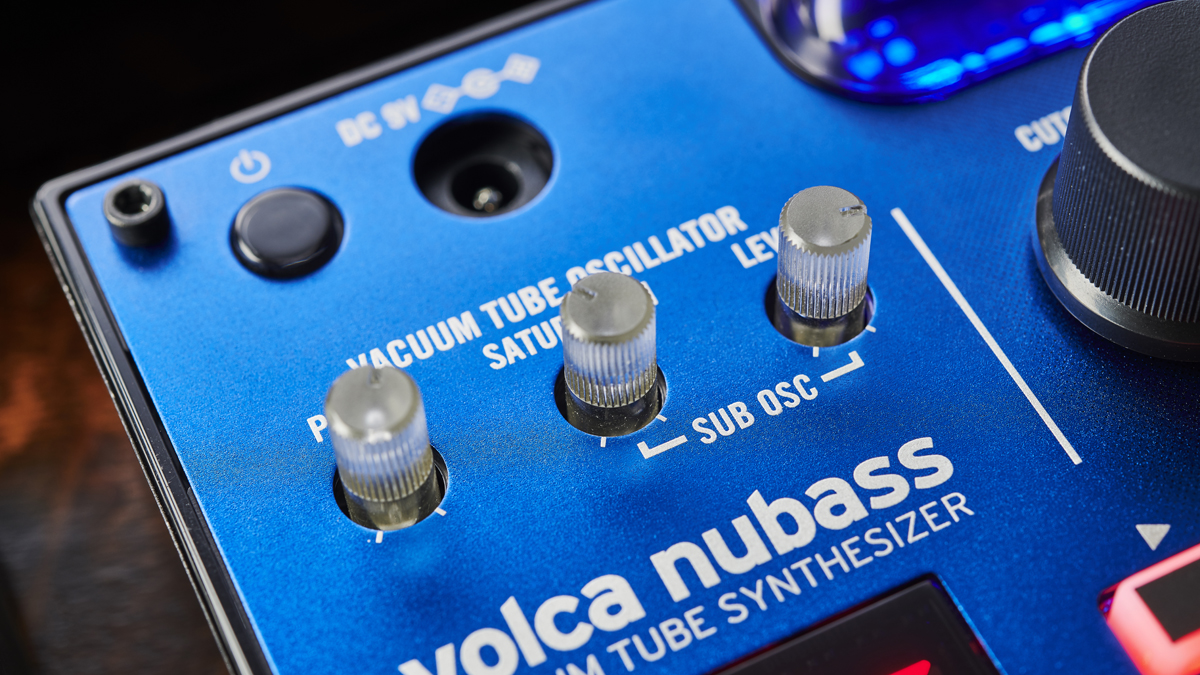
Specifications
Reasons to buy
Reasons to avoid
A synth based on vacuum tube technology sounds interesting on paper, and the NuTube tech certainly looks cool, but for our money it doesn’t really add anything sonically, compared to a traditional analogue oscillator. In reality, the filter and drive do most of the heavy lifting here when it comes to adding character. Tube talk aside, with its slide-equipped sequencer, gnarly LPF and snappy envelope, this is a really great tool for resonant, acid-style basslines.
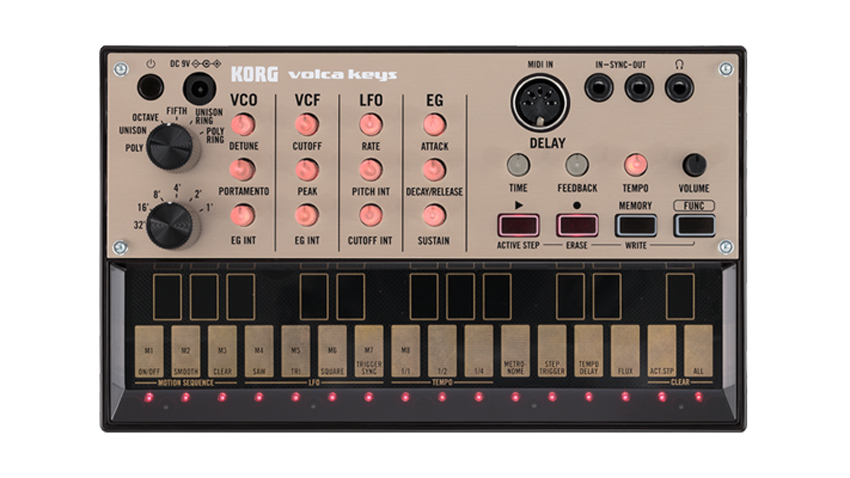
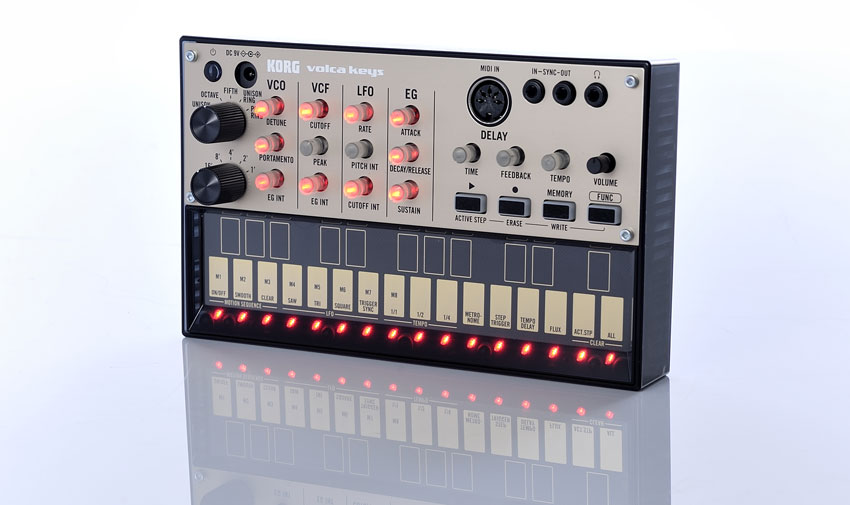
Specifications
Reasons to buy
Reasons to avoid
The fact that Korg brought out an analogue poly at this price is still a marvel. In use, the Keys can be pretty fiddly and eccentric, though - the controls are small, making precise filter or tuning tweaks hard, which means sound design can be a touch unpredictable. The touchstrip keyboard doesn’t really suit the sound engine here, either, so an external MIDI controller or sequencer is required to get the most out of it. Still, there’s enough on offer to make the Keys worth its very reasonable asking price.
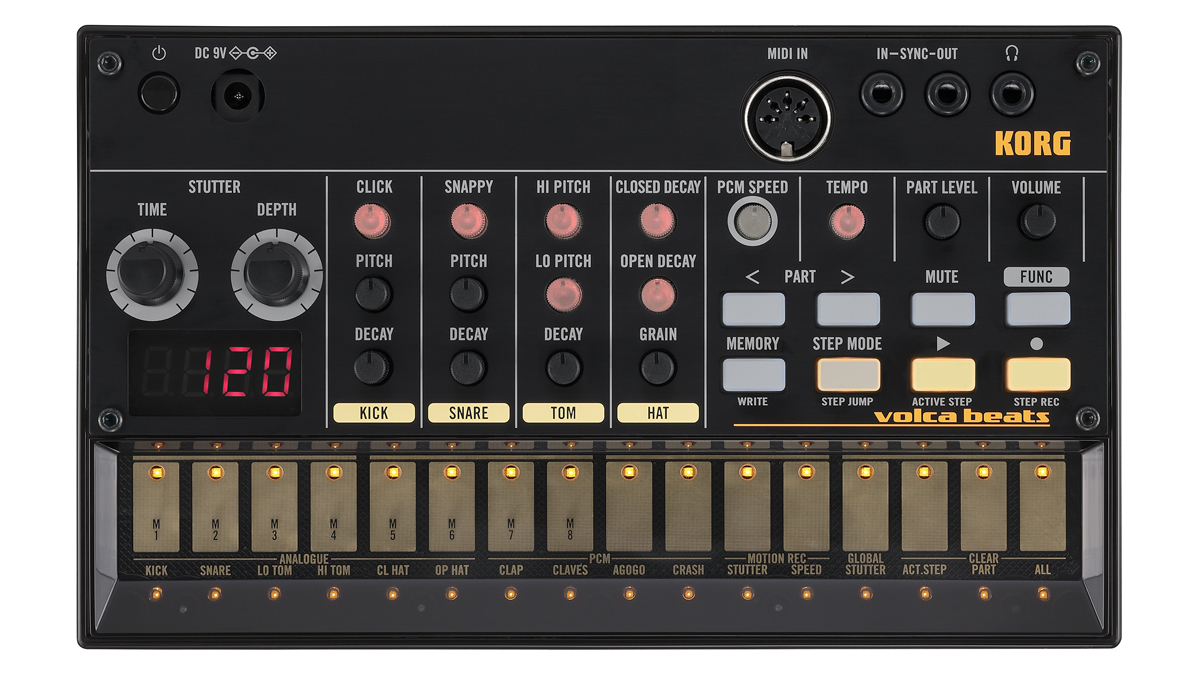
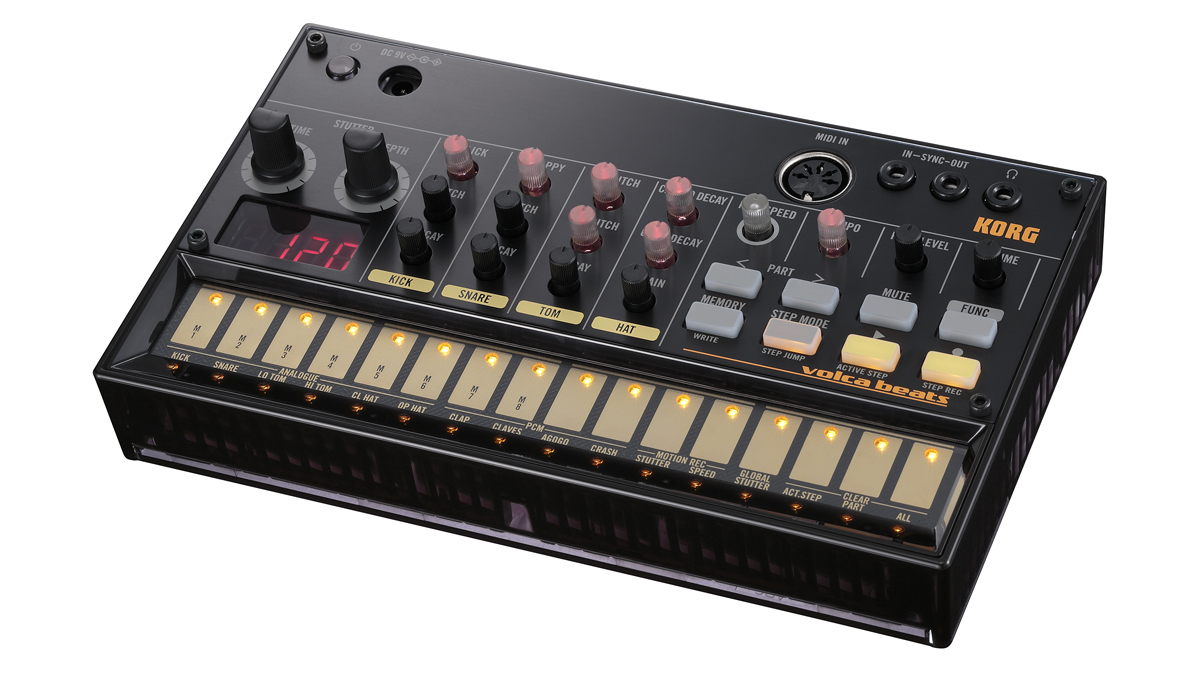
Specifications
Reasons to buy
Reasons to avoid
Back when the original Volcas landed, having an analogue drum machine for under £150 was a revelation. Ten years on, there’s more out there in the way of competition. Ultimately, the sounds of the Beats are a bit of a mixed bag and don’t offer masses of control.
For all its analogue credentials, the digital sounds from Teenage Engineering’s POs or Korg’s own Volca Drum are punchier and more characterful. The single headphones output serving four drum tracks is a pain, too.

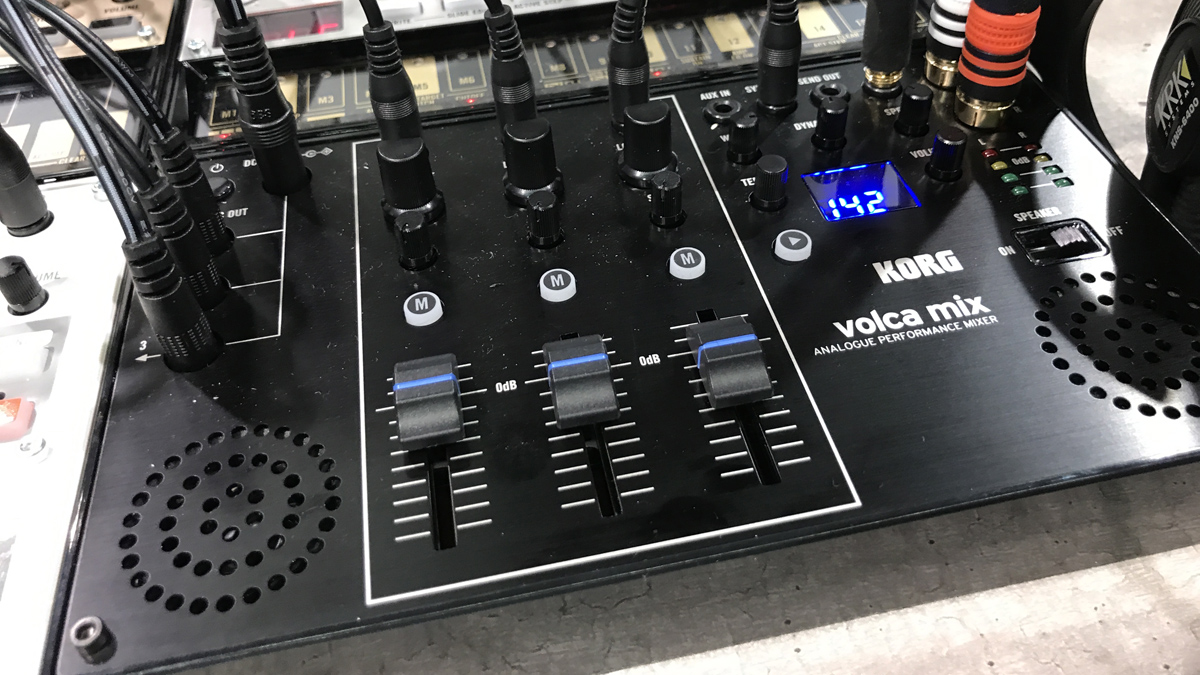
Specifications
Reasons to buy
Reasons to avoid
A handy tool for owners of multiple Volcas - if simply for use as a power hub - the Mix allows users to chain three instruments from one mains connection. Elsewhere it feels like a bit of a missed opportunity, though; more expansive MIDI or USB connectivity could have made this essential. While the effects sound good, the controls are a little fiddly and connectivity is a little limited. As it stands there are probably better compact mixers out there for the price.
Want all the hottest music and gear news, reviews, deals, features and more, direct to your inbox? Sign up here.


I'm the Managing Editor of Music Technology at MusicRadar and former Editor-in-Chief of Future Music, Computer Music and Electronic Musician. I've been messing around with music tech in various forms for over two decades. I've also spent the last 10 years forgetting how to play guitar. Find me in the chillout room at raves complaining that it's past my bedtime.